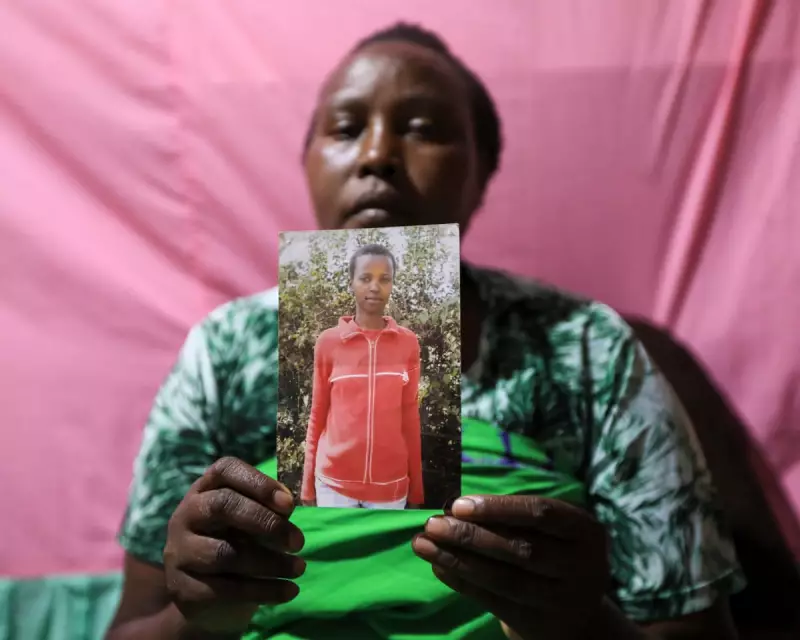
Kenya has dramatically escalated its pursuit of justice for Agnes Wanjiru, formally issuing an arrest warrant for a British soldier and directly challenging the UK government to rule on his extradition. This move ignites a major diplomatic confrontation over a murder case that has remained unresolved for over a decade.
The 21-year-old mother was found murdered in a septic tank in Nanyuki in March 2012, shortly after being seen with British soldiers from a nearby training camp. Despite years of investigations and immense public pressure in Kenya, no one has ever been held accountable for her death.
A Case Shrouded in Allegations and Delay
For years, the Wanjiru family and Kenyan officials have accused the British Army of obstructing the investigation. Allegations suggest that soldiers present on the night she disappeared were flown out of the country before they could be properly questioned by Kenyan police.
This new warrant, confirmed by Kenya's Director of Public Prosecutions, Renson Ingonga, signals an end to diplomatic patience. It transforms the case from a bilateral discussion into a formal legal demand, testing the UK's extradition treaty with Kenya.
Mounting Pressure on Westminster
The UK government now faces an impossible dilemma. Complying with the warrant would mean acknowledging a profound failure in military discipline and oversight, potentially leading to a historic trial. Rejecting or delaying it risks severe damage to the UK-Kenya relationship and accusations of neocolonial impunity.
This development follows a £300,000 settlement from the UK Ministry of Defence to Ms. Wanjiru's daughter in a civil case, a move widely interpreted as a de facto admission of responsibility, though criminal justice remains elusive.
The world is now watching. Will the UK uphold its professed values of justice and the rule of law, or will a British soldier be shielded from facing a foreign court? The answer will define UK-Kenya relations for a generation.






